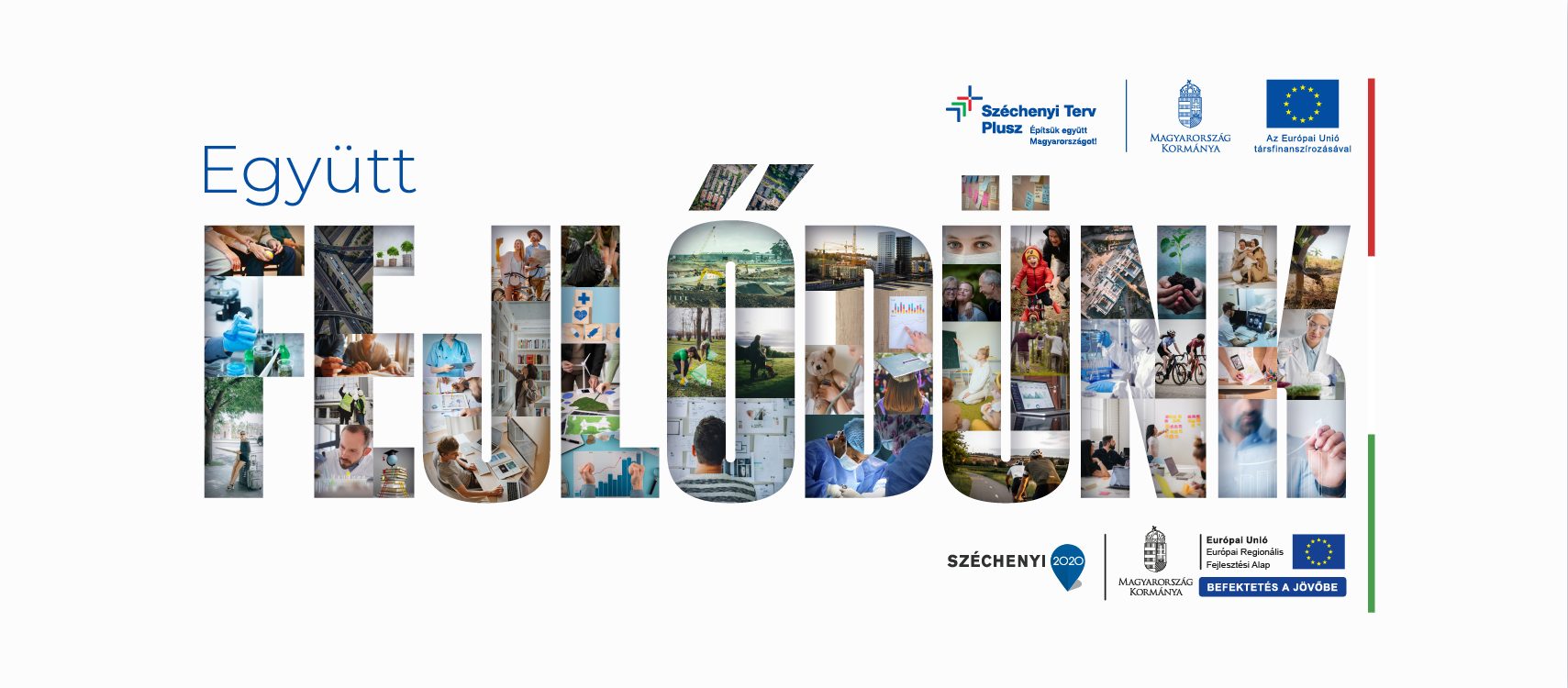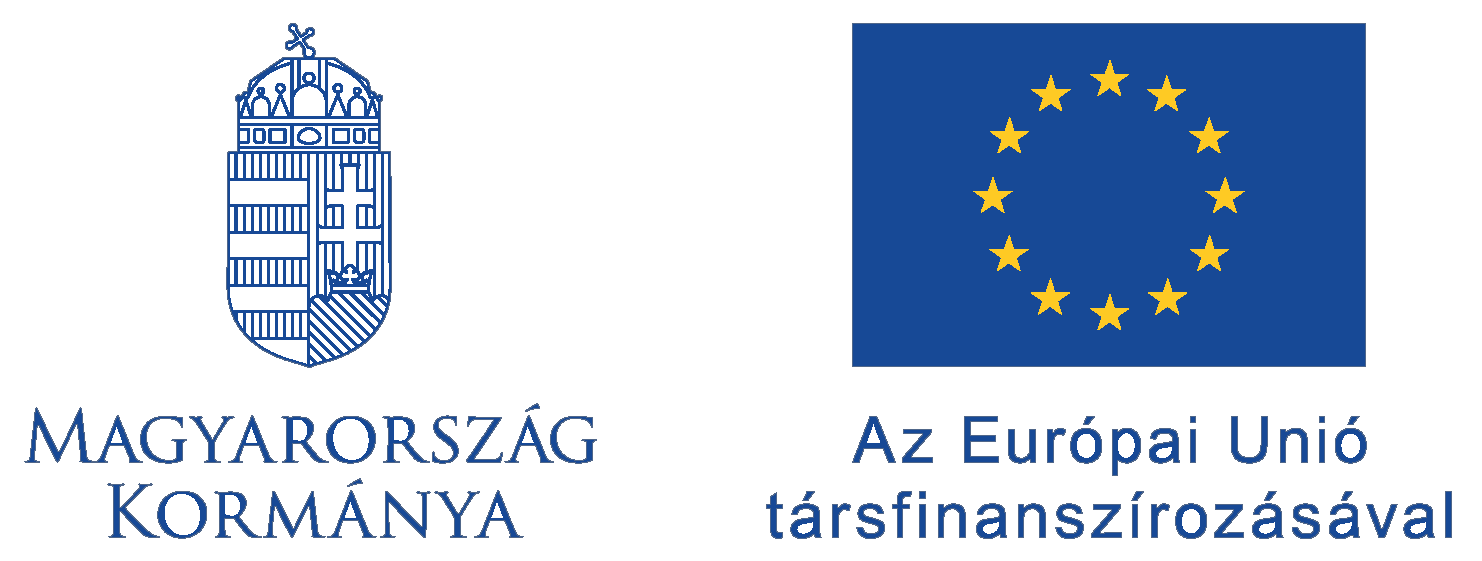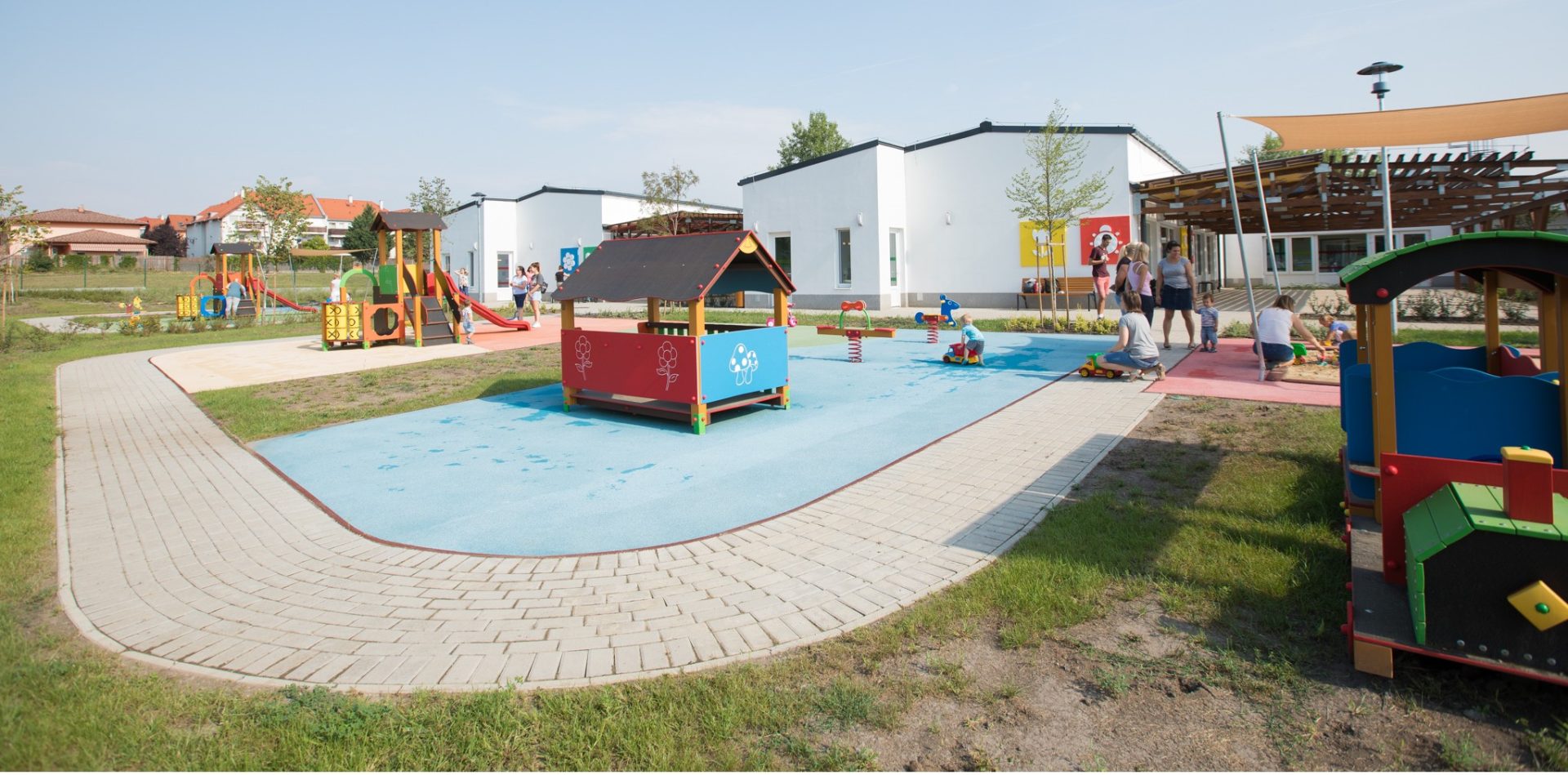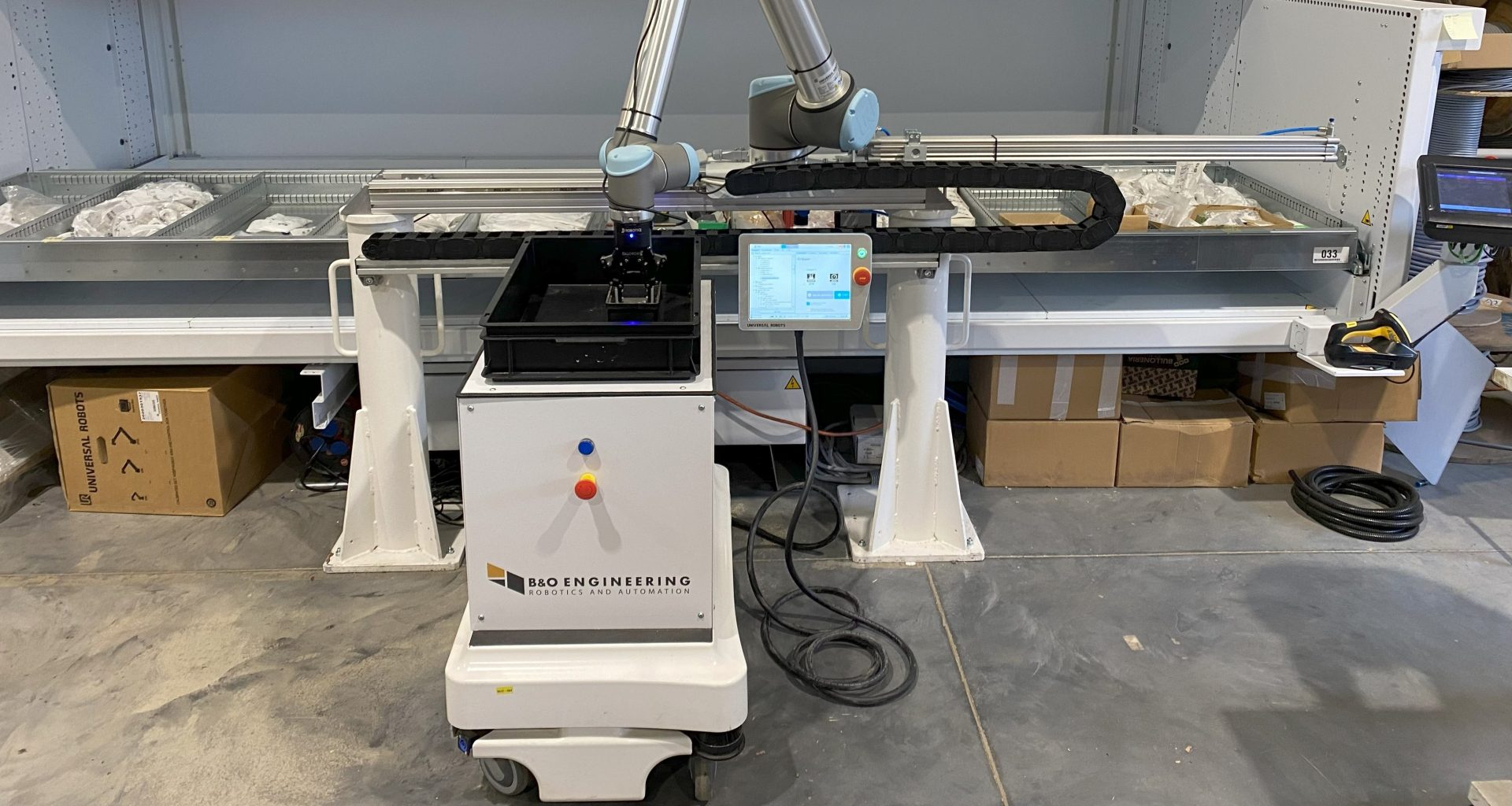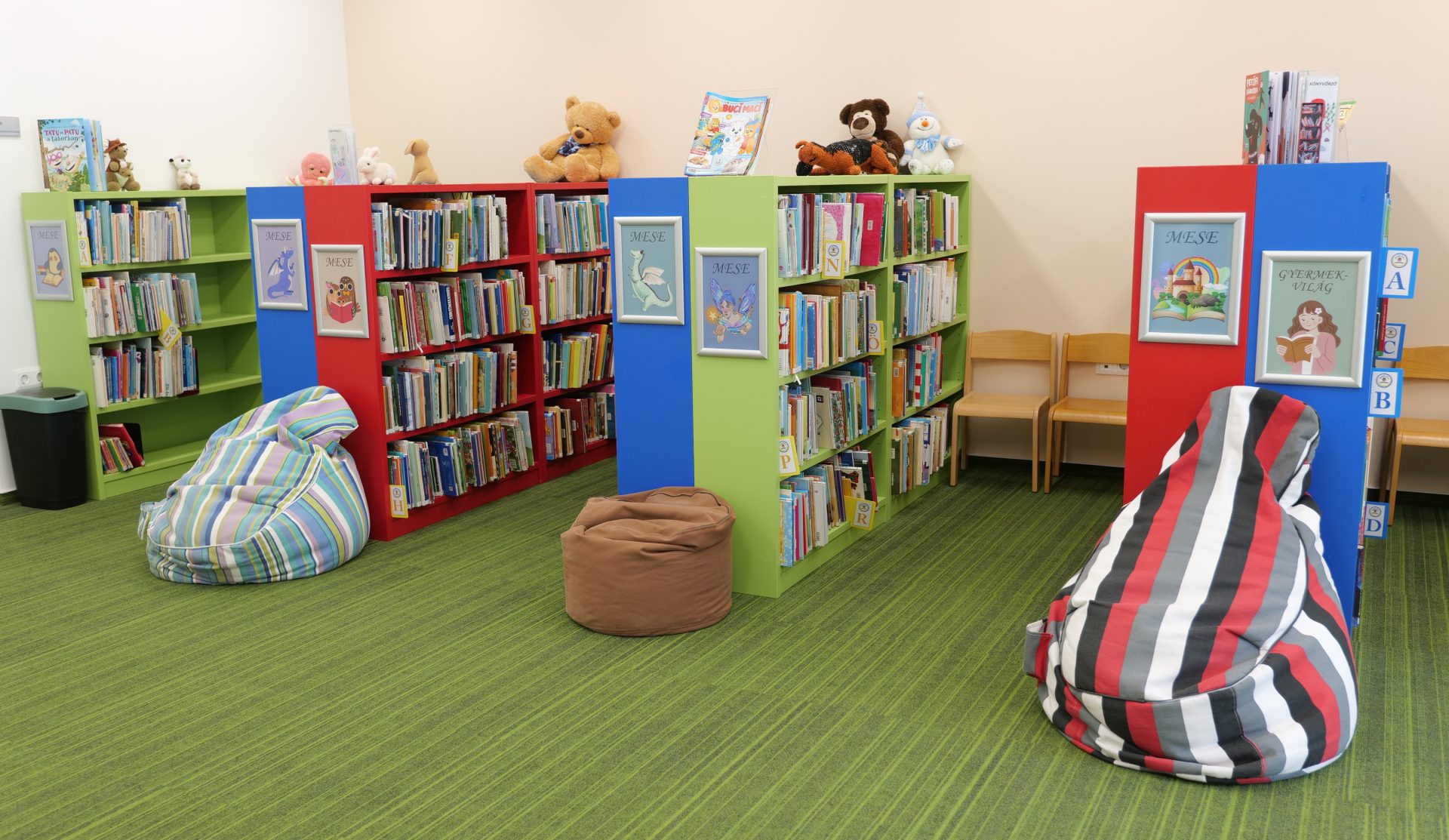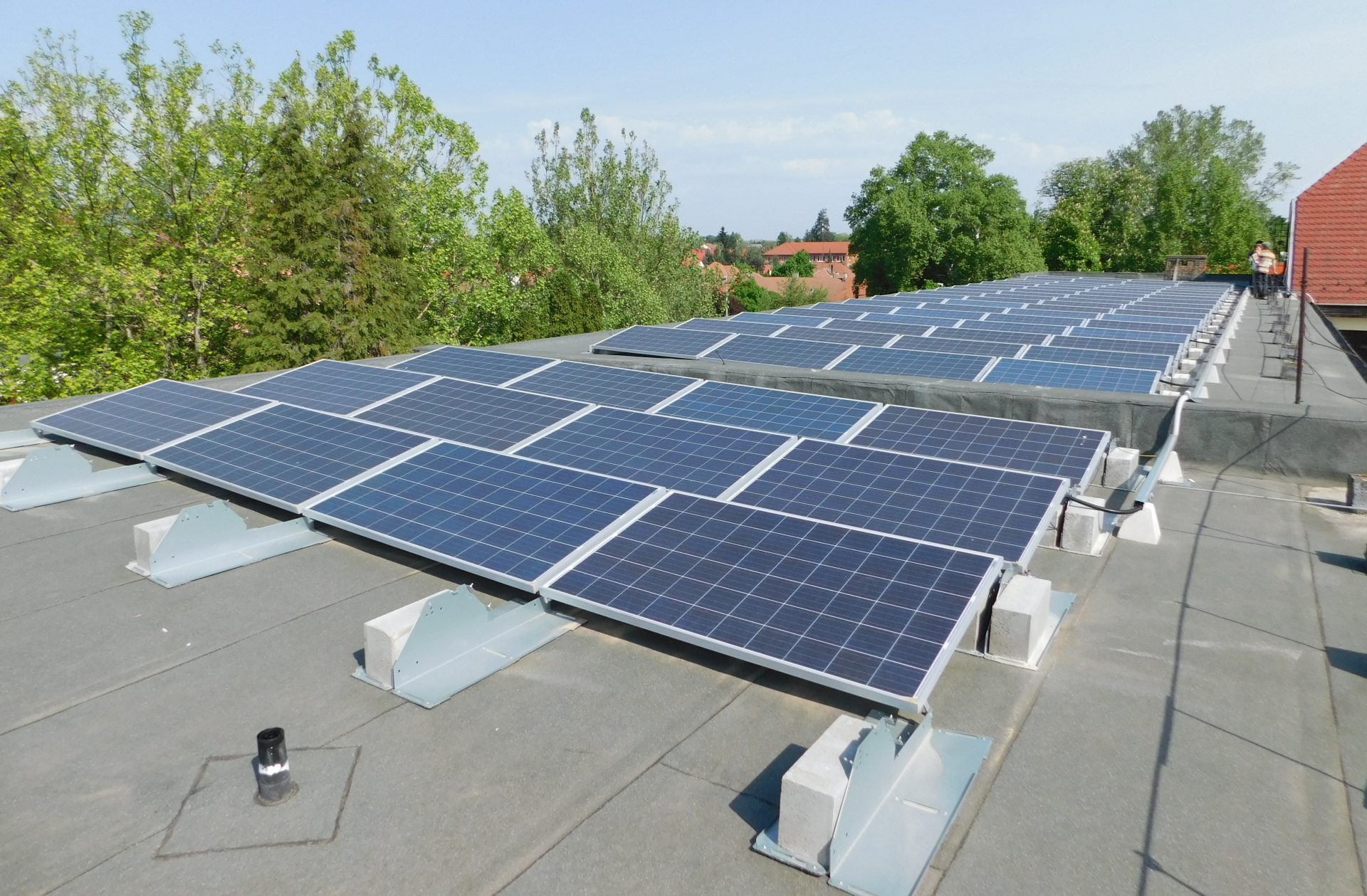As part of a successful EU-funded project, the Municipal Library of Kiskunmajsa created new creative and educational spaces designed for learning, teaching, and developing audiovisual skills. These spaces now host a wide range of new programs and workshops.
The development provided the foundation for the library to become a modern learning environment, enabling it to support formal education, skills and competence development, and lifelong learning. It offers access to essential information and helps users acquire the skills needed to find and process it. Since the library building could not be physically expanded, an existing room was transformed into a modern learning space equipped with up-to-date IT tools. In the children’s section, mobile furniture was introduced to create flexible areas for group activities.
Thanks to the new infrastructure and the dedication of the library staff — aligned with the needs of the target groups — the library was able to launch several regular programs focused on developing key competencies. One such program invited preschool and lower primary school children into the world of Alice in Wonderland. These sessions used art and cooperative learning techniques to foster self-expression and aesthetic awareness through the library’s collection and services. Using drama, puppetry, and storytelling methods — combined with both traditional and modern tools — the sessions explored a different theme each time. This approach also proved effective in building social skills and confidence among shy and introverted children.
To bridge the digital divide, one program introduced 13- to 18-year-olds to the library’s website and online catalog, while another familiarized them with Hungaricana.hu, Hungary’s digital public collection portal. These initiatives supported the development of independent learning and research skills. Mentorship sessions offered guidance on individual research tasks in the library environment, which also provided access to traditional (non-digital) resources and print materials.
Other sessions aimed specifically at improving digital literacy among teens. Participants explored key Hungarian digital platforms such as MOKKA (Hungarian National Shared Catalog), MEK (Hungarian Electronic Library), and MATARKA (Hungarian Table of Contents Database). They also learned how to use e-book readers and tablet-based e-book apps, and practiced efficient methods of information and data searching.
For younger children, the focus was on introducing playful, individual learning applications developed for PCs and mobile devices. This approach helped engage children who were less interested in books but curious about technology. For those with learning difficulties such as dyslexia or vision problems, tools with text magnification and text-to-speech features served as valuable learning aids.
Promoting ethical online behavior and communication was also a key part of the program. Since online bullying is common among teenagers — and verbal aggression can affect any age group — it’s important that children learn proper, empathetic communication early on. The sessions helped them understand digital symbols and their intended meanings, so they can apply this knowledge consciously when they become active users of social media.
Thanks to the new infrastructure and tools provided through this initiative, the Kiskunmajsa Library has become a strong foundation for lifelong learning. With the creativity and dedication of its librarians, it now plays a meaningful role in promoting digital inclusion, reducing functional illiteracy, and helping people develop the digital and communication skills that are increasingly vital in today’s job market.
The development was implemented from EU funding in the project az EFOP-4.1.8-16-2017-00154 under the Human Resource Development Operational Programme.
Find out more about the project in the Project Finder:Details
